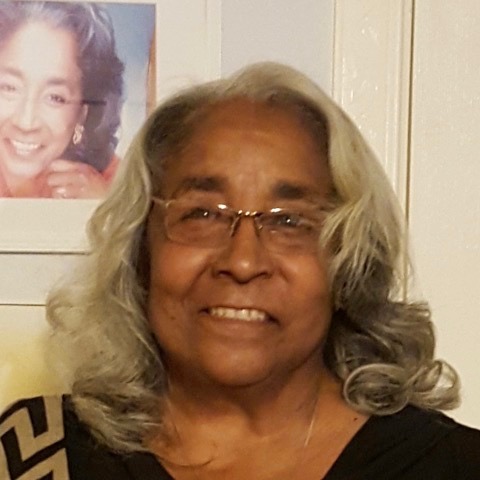Last updated: December 4, 2023
Person
William Small
On March 15, 1880, William A. Small paid $2.00 to file Declaratory Statement #4850 for NW Section 34 Township 9N of Range 19W containing 160 acres upon which he settled March 11th, 1880. He signed his name in perfect penmanship as did most homesteaders raised in Canada.
William had four friends—Joshua Emanuel, Elijah Tann, and brothers Thomas J. & Franklin Shull—prepared to give testimonies, but only Thomas and Franklin were required; they did so March 18th, 1885. William and his witnesses attested to his family joining him on the land continually during the preceding five years and valued the improvements at $1000.
William and his wife Francis and their five children were able to present at least forty acres every year in crops. They built a 10’ x 23’ frame house, an 18’ x 22’ stable, an 8’ x 30’ hog pen, and dug a well sixteen feet deep. They planted two thousand forest trees and thirty fruit trees. On March 20th, 1885, William paid the final $8.00 portion of the filing fee for Application #12047.
Also on March 20, 1885, Patent #6220 was approved for William A. Small. This was a day of great pride for William, a man that never knew his parents and in fact didn’t know their names. He was literally raised by the community in Buxton, Ontario, Canada. This called for a celebration as was the custom when each of the homesteaders received their patents. Folks from miles around would gather, bringing savory dishes and musical instruments. This wasn’t the only time they would gather, harvest time, weddings, funerals, fencing, branding, and the list goes on. Although miles might separate the farms the community was ever so close. They had history with all of the struggles, and joys. Most of these homesteaders had shared the long 1700-mile journey from Buxton, Ontario, Canada to Nebraska and fulfillments of dreams of ownership and peace.
But the land in the Sandhills of Nebraska were not friendly to farmers. Drought became more the norm rather than rare occurrences. The Small family, and others including the Tann family, began to suffer under the strain of poor crop yield. Together these two families decided to sell and start anew in Oklahoma. William and Francis sold their property to F.A. Martin, and by 1890 they were living in Mustang, Canadian, Oklahoma on the farm next to Lucinda and Elijah Tann. By 1900, William’s wife Florence passed away leaving him with their three youngest children, Nellie (13), Mary (8), and William (5). Then the trail grows cold. Were they victims of the Influenza pandemic of 1918?
~ Contributed by Joyceann Gray, SSG USA RET

Joyceann Gray
Photo Credit: J. Gray
More about the contributor: Joyceann is the great-granddaughter of other homesteaders in this same community and shared in the journey from Canada. Once retired from the Army, she has devoted much time to family history research and writing. She is the author of; ‘Yes We Remember’ which is devoted to the historical accountings of her ancestors, and ‘DeWitty and Now We Speak’ which is a historical fiction about the women of DeWitty, Nebraska. Joyceann is a Contributing Writer of many Notable African Americans and Ambassadors on BlackPast.org. She holds memberships in local genealogical societies and the Charles Town, WV Researchers. Joyceann was an integral part of the Descendants of DeWitty who not only helped raise money but facilitate the erecting of the Historical marker in honor of the Homesteaders of DeWitty along Hwy 83, near Brownlee, Nebraska, April 2015.
